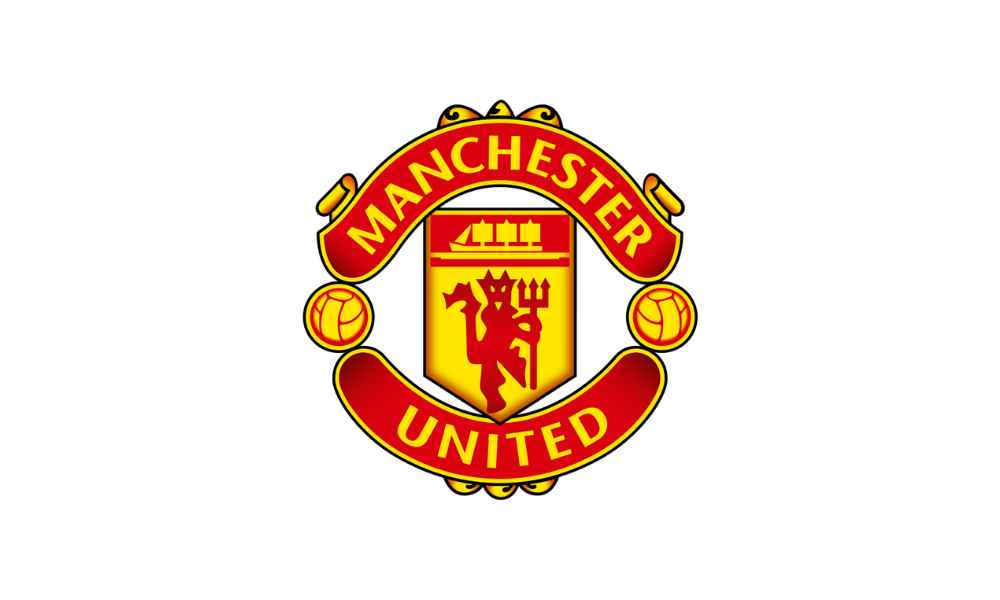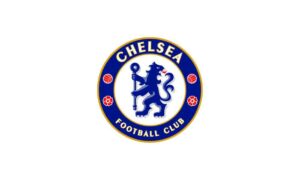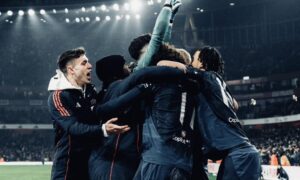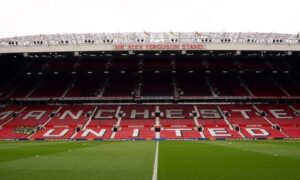Ratcliffe’s Vision for United’s Managerial Future
Sir Jim Ratcliffe, the influential British billionaire and new Manchester United minority owner, has made headlines with his candid comments regarding the future of the club’s managerial position. According to sources from BBC Sport, Ratcliffe believes that Ruben Amorim, the young and highly regarded Portuguese coach widely tipped to be United’s next manager, would require at least three seasons to put his vision in place and restore Manchester United’s competitiveness at the highest level.
Ratcliffe’s remarks underscore a desire for patience and long-term planning at Old Trafford. Rather than pursuing immediate success, he advocates for a measured approach that allows the manager time to embed a playing style, develop young talent, and instill a winning mentality. He referenced recent cycles of short-term managerial changes and acknowledged that only sustained faith in leadership produces consistent results.
Amorim’s Challenge and the Three-Year Mandate
If Ruben Amorim was to get the United job, he would confront by the intimidating task of completely changing a team that is frequently label by supporters and analysts as being the club’s worst adversaries, over which it has been almost impossible to find common ground in terms of performance. Ratcliffe also mentions that three years is “the least” time for a modern manager to make a club like Manchester United change. The organisation can allow the club to become stable, to alleviate the very high-pressure “results immediately or else” situation and to regain a footballing personality.
While recommending a long-term perspective, Ratcliffe is in line with the practice at other leading clubs, thereby getting support from those who hold that a manager’s system must be give time to take root for a club to prosper.
United’s Evolving Brand and Culture
If Ruben Amorim were to accept the United job, he would confront with the difficult task of doing a complete change of the squad which is usually the first thing that comes to the fans’ and pundits’ minds when they talk about the team. Moreover, Ratcliffe mentions that three years is “the minimum” a modern manager needs to turn a club the size of Manchester United. Such a setup would not only generate stability and eliminate the high-pressure “immediate results or else” atmosphere but also re-establish a football identity that Ratcliffe considers having lost lately.
By recommending a long-term perspective, Ratcliffe aligns himself with the mindset of other successful top clubs, thus gaining the support of those who think that a manager’s style should be given time to develop for the club to prosper.
Squad Ambitions: Jackson and Garnacho
While the management system has been revamp, United are still thoroughly monitoring potential signings that fit the new outlook. Manchester United have just come across Nicolas Jackson on their list of possible transfers. The young forward is being view as a spark for the team’s offensive side to change. Bringing in such energetic players will not only facilitate the full-bodied style of play that both Ratcliffe and Amorim are likely to advocate but also make it more practical.
United are also aiming to give the young players already at the club the opportunity to show what they can do, and one of the beneficiaries of a recent first-team breakthrough is Alejandro Garnacho. What he has re-emerged to show is that the club’s transition to an academy policy is not just a concept but that it is having an impact on team selection and tactical considerations.
Author’s Note
The demand by Sir Jim Ratcliffe that the next manager of Manchester United should be give at least three years to turn things around is a succinct indication of a change in the club’s ethos. Instead of looking for rapid solutions, Ratcliffe endorses a character that accepts patience, tenacity, and foresight. In case Ruben Amorim gets the green light, the ambition would be for him to not only change Manchester United on the field but also off the field over multiple seasons. The club’s new chapter will be characterise by clever branding, wise transfer activities like following Nicolas Jackson, and the revival of belief in players such as Garnacho.











































